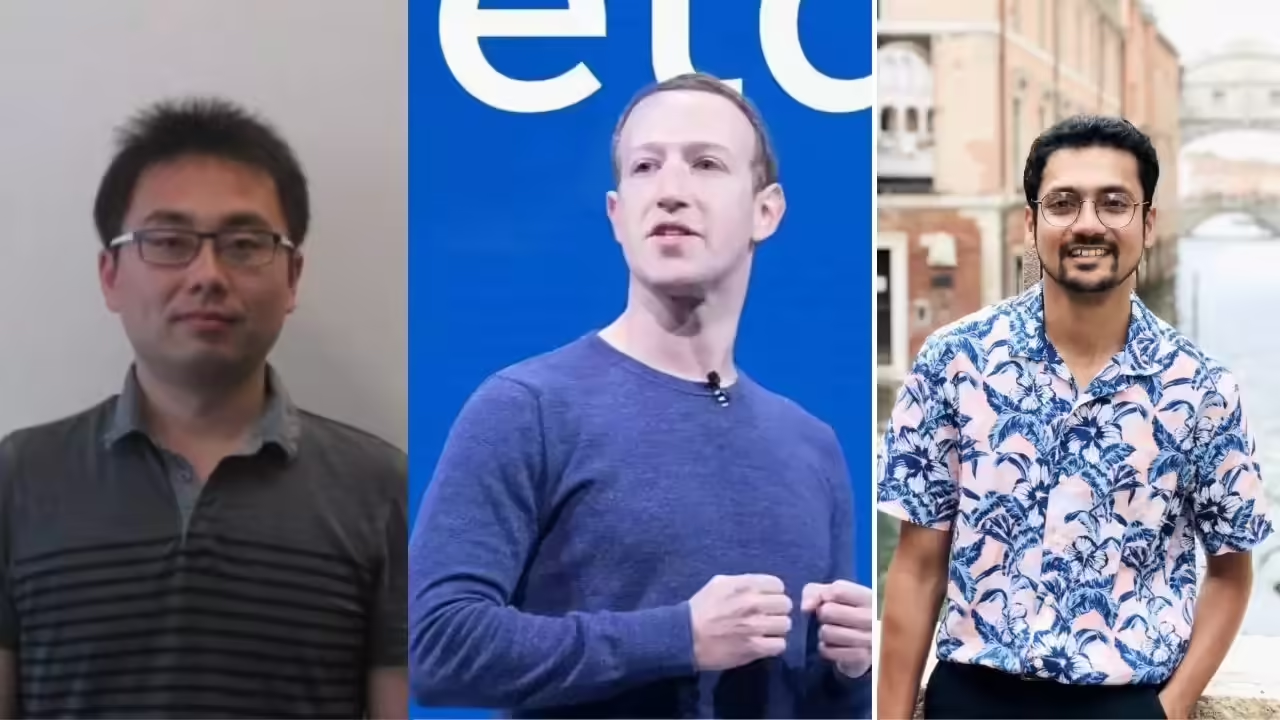
Whether celebrated or controversial, one truth remains unshakable: America’s innovation engine has always been powered by immigration. From Einstein’s theories to Musk’s rockets, the nation’s most iconic breakthroughs have relied on the minds of those born beyond its borders. And now, in the age of artificial intelligence, that legacy continues—with striking clarity.
Meta’s newly launched Superintelligence Lab has quietly made a bold statement: every one of its first 11 hires is an immigrant who completed their undergraduate studies outside the United States. In other words, the lab’s elite AI team—the minds now shaping the future of artificial general intelligence—was entirely trained abroad before arriving in the U.S. to build the frontier of superintelligence.
These aren’t just smart engineers. They’re the architects behind some of the most powerful AI systems on the planet. Their resumes span stints at OpenAI, DeepMind, Anthropic, and Google Research, and now they’ve converged at Meta to build the next generation of intelligent systems.
If you’re searching for the secret behind America’s dominance in AI, it’s not just in silicon or servers—it’s in the passports and the global journeys of its researchers.
Global Minds, American Impact
Each member of Meta’s new AI dream team represents a country that invested early in science and engineering talent. They began their academic journeys in places like India, China, South Africa, the UK, and Australia—earning degrees from institutions like Tsinghua, IIT Kanpur, USTC, and the University of Pretoria—before heading to top U.S. research labs and graduate schools like MIT, Stanford, Princeton, and UC Berkeley.
In Meta’s Superintelligence Lab, they are now united by a common goal: to build the AI systems of tomorrow. This team will shape how models reason, perceive, scale, and operate safely in the real world. Their expertise covers reinforcement learning, multimodal training, large model scaling, data synthesis, voice recognition, infrastructure, and AI safety.
Meet the Researchers Building Meta’s AI Future
Trapit Bansal (India) – Formerly at OpenAI; specializes in reasoning models and reinforcement learning. Holds a master’s from IIT Kanpur and PhD from UMass Amherst.
Shuchao Bi (China) – Multimodal specialist from Zhejiang University and UC Berkeley, previously led voice features in GPT-4o.
Huiwen Chang (China) – Innovator behind image architectures like Muse, with roots in Tsinghua and Princeton.
Ji Lin (China) – Optimization expert, instrumental in scaling the GPT-4o series; studied at Tsinghua and MIT.
Joel Pobar (Australia) – Veteran of Meta and Anthropic, known for building high-performance infrastructure like PyTorch and HHVM.
Jack Rae (UK) – A DeepMind alumnus who contributed to major models like Gemini 2.5 and Gopher; studied at Bristol, CMU, and UCL.
Hongyu Ren (China) – AI safety researcher from Peking and Stanford; key in strengthening model robustness at OpenAI.
Johan Schalkwyk (South Africa) – Speech recognition pioneer from the University of Pretoria; once led Google’s Maya team.
Pei Sun (China) – Bridging perception and language at DeepMind and Waymo; trained at Tsinghua and CMU.
Jiahuai Yu (China) – Multimodal AI researcher, formerly at OpenAI and Gemini; holds a PhD from UIUC.
Shengjia Zhao (China) – One of the minds behind ChatGPT, GPT-4, and o4-mini; data synthesis and safety expert with degrees from Tsinghua and Stanford.
Immigration: The Core of AI Innovation
What Meta’s latest hiring reveals isn’t just a snapshot of a tech team—it’s a microcosm of America’s AI strategy. Despite political turbulence and contentious immigration debates, U.S. innovation is still deeply reliant on international talent. These researchers are not just workers—they’re pioneers shaping the rules and architectures of intelligence itself.
As the AI arms race accelerates, the importance of immigration policy cannot be overstated. Talent is global, but opportunity has often been American. Without that bridge, the U.S. would not be leading in AI. Meta’s team is a loud reminder: in this new frontier, immigration isn’t a weakness—it’s the foundation.

